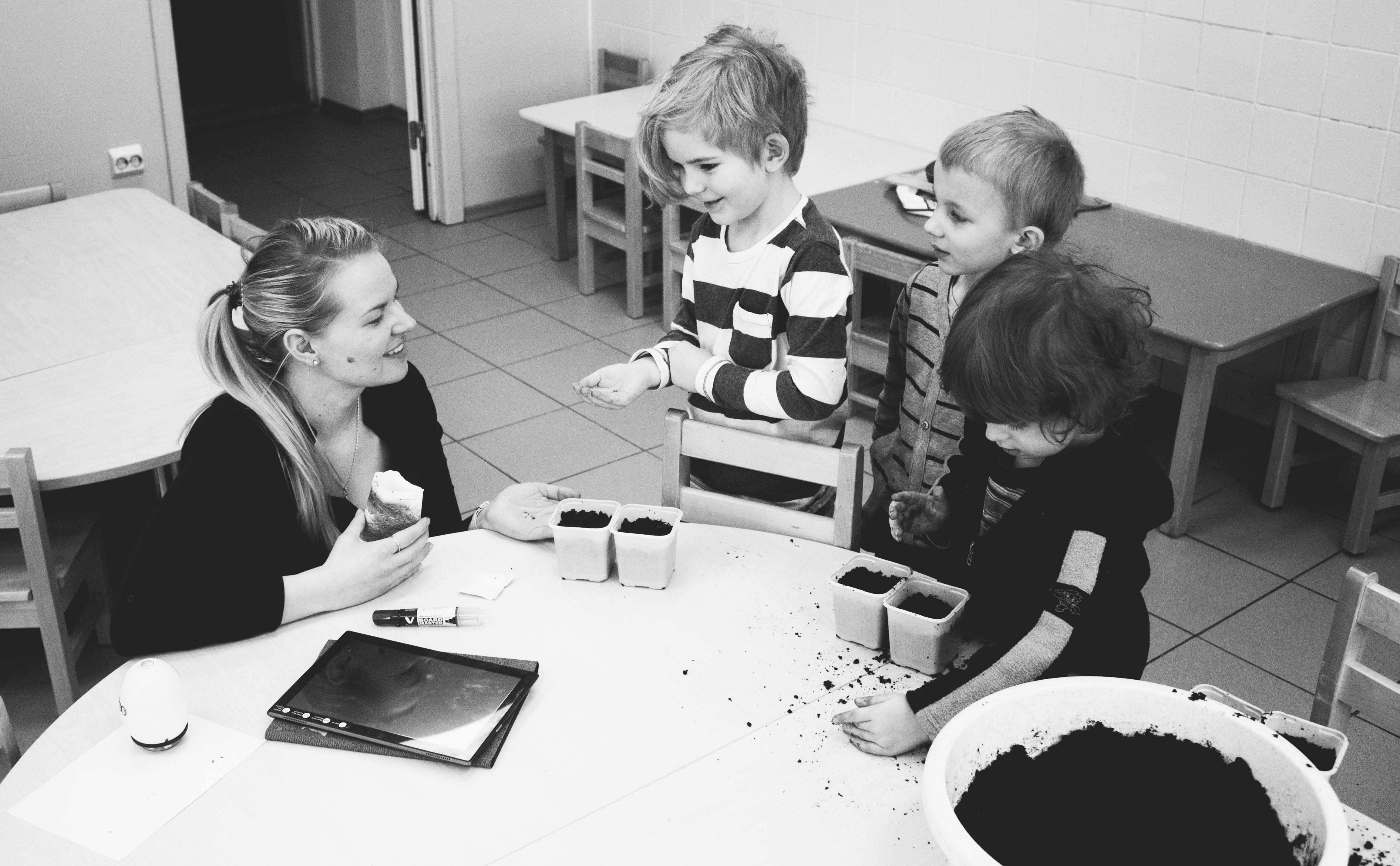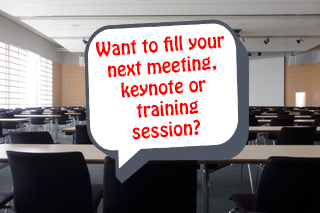While it may be true that every school is “different” and every student is also different, it is also true that schools, students and teachers all have the same problems.
Although the problems are the same, the context of the problems are different. For example, nearly every school has a bullying problem, but the types of bullying are different and go from mild to deadly.
And burned-out, unmotivated teachers? Check – every school system has them.
Unmotivated administrators? Crabby secretaries and assistants? Check – every school has them, too. Angry, unmotivated students and nasty parents? Yes, you will find them at schools also. Schools are like a petri dish of human behavior.
What’s more – this isn’t new! Teachers and administrators had to deal with the SAME PROBLEMS when they were in school! The adults acting this way now were kids back then…why are they repeating the same unhelpful, rude and sometimes dangerous behavior they, themselves, received from lazy, bad and unmotivated adults when they were students? And if school wasn’t bad enough, of course, there is always the bus ride alone to make some kids want to avoid school.
Well, psychology explains all this. By learning more about how to deal with people and problems, we become stronger, more resilient and better able to cope with the stupid and crazy things that can happen as we go through school, grow up, go to college and get our first job…which actually, is a lot like going back to high school, or maybe more like middle school. To learn more about how Cognitive Behavioral Psychology can improve teaching, teachers and school performance, please see a sampling of our Teacher Development Programs offered here.






